A father’s quest to help his son with diabetes led him to develop an artificial pancreas that could change the lives of millions of people who suffer from the disease. (via Freethink)
Category: transhumanism – Page 78
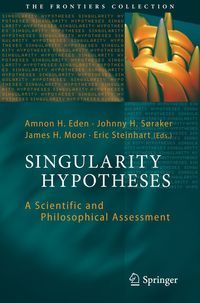
Singularity Hypotheses Analysis
Publication numbers are in: 55 thousand downloads! 🎉😁🍾.
Singularity Hypotheses: A Scientific and Philosophical Assessment offers authoritative, jargon-free essays and critical commentaries on accelerating technological progress and the notion of technological singularity. It focuses on conjectures about the intelligence explosion, transhumanism, and whole brain emulation. Recent years have seen a plethora of forecasts about the profound, disruptive impact that is likely to result from further progress in these areas. Many commentators however doubt the scientific rigor of these forecasts, rejecting them as speculative and unfounded. We therefore invited prominent computer scientists, physicists, philosophers, biologists, economists and other thinkers to assess the singularity hypotheses. Their contributions go beyond speculation, providing deep insights into the main issues and a balanced picture of the debate.
Meet the World’s First Bionic Drummer
This musician lost his arm to an electrical transformer. Now he’s become the world’s first bionic drummer.
Via Superhuman
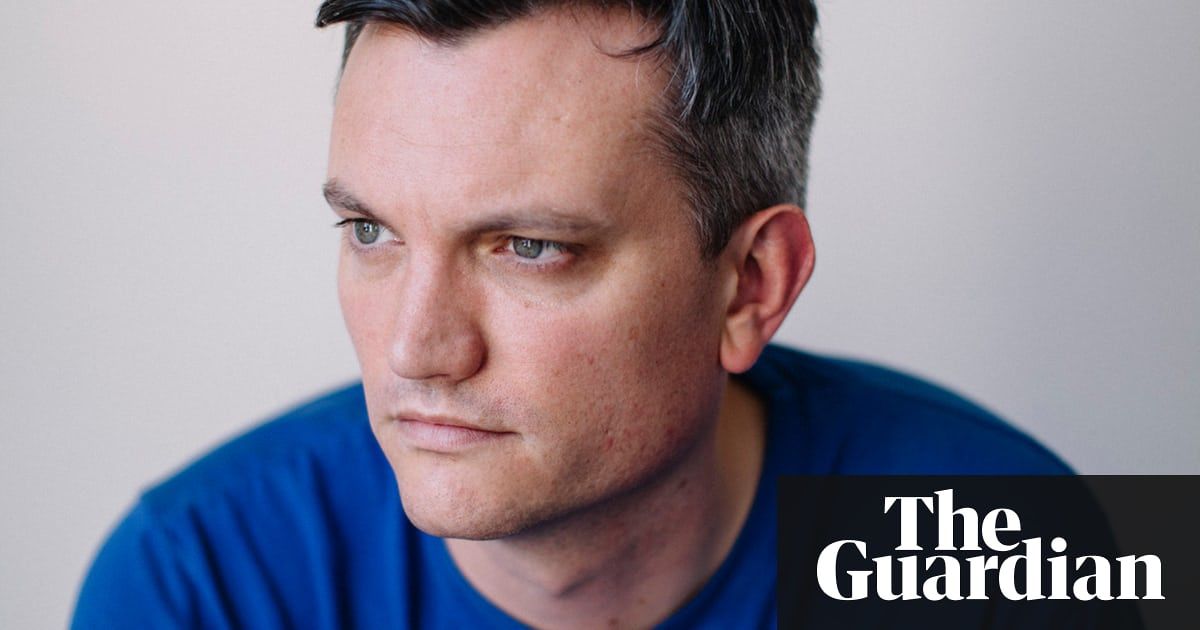
Exploration of transhumanism movement wins Wellcome book prize
Mark O’Connell’s To Be a Machine, about humanity’s attempts to conquer death through technology, wins £30,000 prize.
Mon 30 Apr 2018 13.59 EDT Last modified on Mon 30 Apr 2018 17.00 EDT.
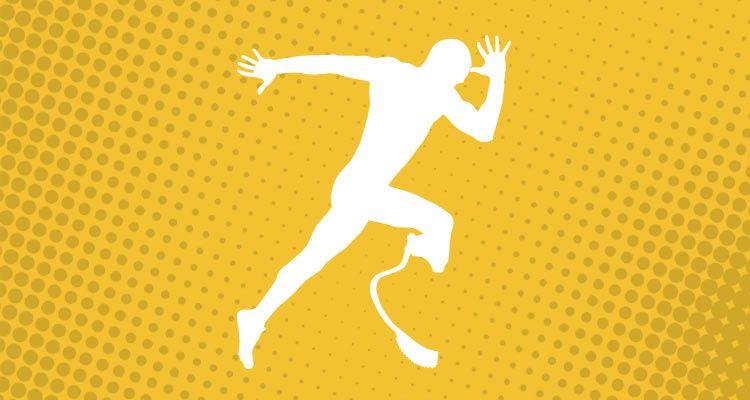
Quick Hits: Artificial Athletes
My #transhumanism work in this fun new article on future of sports:
Can bionic limbs and implanted technology make you faster and stronger? Meet biohackers working on the frontier.
Zoltan Istvan has achieved every runner’s fantasy: the ability to run without the hassle of carrying his keys. Thanks to a tiny chip implanted in his hand, Istvan doesn’t have to tie a key onto his laces, tuck it under a rock in the front yard, or find shorts with little zipper pockets built in. Just a wave of the microchip implanted in his hand will unlock the door of his home. The chip doesn’t yet negate the need for a Fitbit, a phone, or a pair of earbuds on long runs, but Istvan says it’s only a matter of time.
A long-time athlete and technology geek, Istvan identifies as a transhumanist: he believes that the transformation of the human body through ever-developing and evolving technologies will improve human life and ultimately lead to immortality.
“Athletes should be able to use drugs and technologies to enable them to be more competitive. To restrict that is to go against the very best of what we can become. If somebody wants to take these risks, they should have the rights to do so in full.”
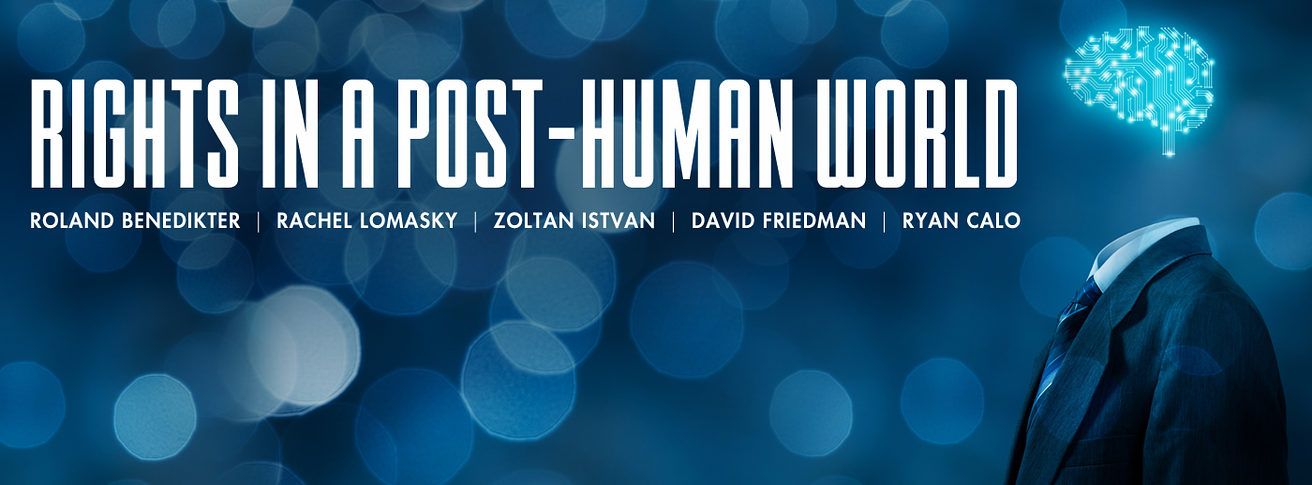
Deniers and Critics of AI Will Only Be Left Behind
This month I’m participating in Cato Institute’s Cato Unbound discussion. Cato is one of the world’s leading think tanks. Here’s my new and second essay for the project:
Professor David D. Friedman sweeps aside my belief that religion may well dictate the development of AI and other radical transhumanist tech in the future. However, at the core of a broad swath of American society lies a fearful luddite tradition. Americans—including the U.S. Congress, where every member is religious—often base their life philosophies and work ethics on their faiths. Furthermore, a recent Pew study showed 7 in 10 Americans were worried about technology in people’s bodies and brains, even if it offered health benefits.
It rarely matters what point in American history innovation has come out. Anesthesia, vaccines, stem cells, and other breakthroughs have historically all battled to survive under pressure from conservatives and Christians. I believe that if formal religion had not impeded our natural secular progress as a nation over the last 250 years, we would have been much further along in terms of human evolution. Instead of discussing and arguing about our coming transhumanist future, we’d be living in it.
Our modern-day battle with genetic editing and whether our government will allow unhindered research of it is proof we are still somewhere between the Stone Age and the AI Age. Thankfully, China and Russia are forcing the issue, since one thing worse than denying Americans their religion is denying them the right to claim the United States is the greatest, most powerful nation in the world.
A general theme of government regulation in American science is to rescind red tape and avoid religious disagreement when deemed necessary to remain the strongest nation. As unwritten national policy, we broadly don’t engage science to change the human species for the better. If you doubt this, just try to remember the science topics discussed between Trump and Clinton in the last televised presidential debates. Don’t remember any? No one else does either, because mainstream politicians regretfully don’t talk about science or take it seriously.
Transcending Overpopulation With a Bionic Future
Could Transhumanism help us overcome the Malthusian nightmare of supposed declining resources in the face of an increasing population?
As the world continues to increase, could our exponentially-growing technologies help us ensure that everyone living on this planet is accommodated for?
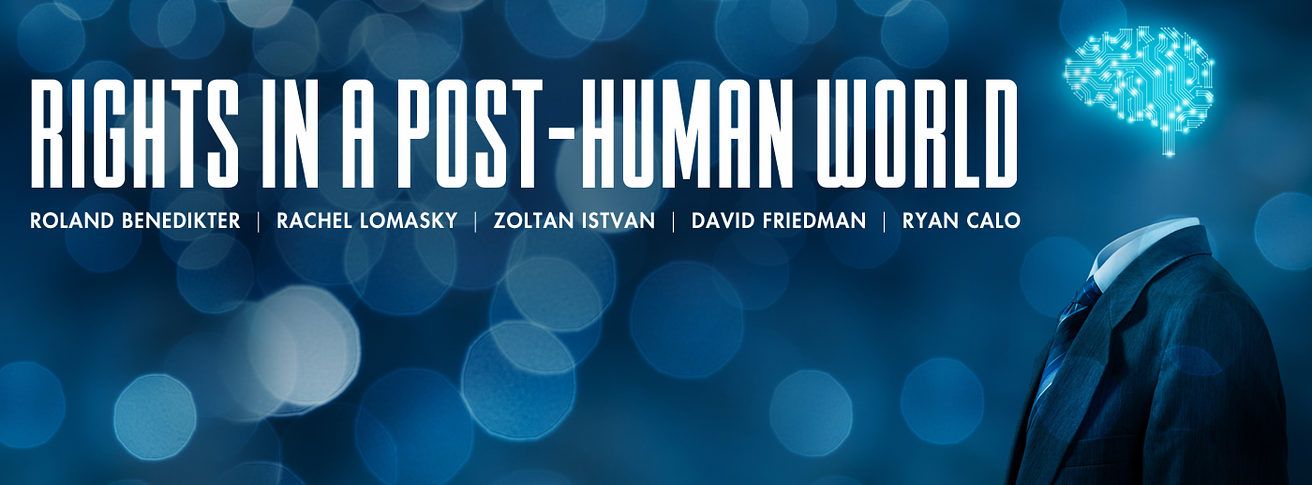
Becoming Transhuman: The Complicated Future of Robot and Advanced Sapient Rights
My article for the Cato Institute via Cato Unbound is out. Cato is one of the leading think tanks in the world, so I’m excited they are covering transhumanism:
Zoltan Istvan describes a complicated future when humans aren’t the only sapients around anymore. Citizenship for “Sophia” was a publicity stunt, but it won’t always be so. Istvan insists that if technology continues on the path it has traveled, then there is only one viable option ahead for humanity: We must merge with our creations and “go full cyborg.” If we do not, then machines may easily replace us.


Announcing The Blockchain $5,000 Essay Prize
$5,000.00 USD will be awarded to the winner. $1,000.000 USD will be awarded to three runner-up papers, one of which could be the final winner.
About the Prize:
Humanity+, a 501©3 non-profit educational organization is sponsoring the Blockchain essay prize for papers that cover the topic of “Mutual Benefits of Blockchain and Transhumanism”.